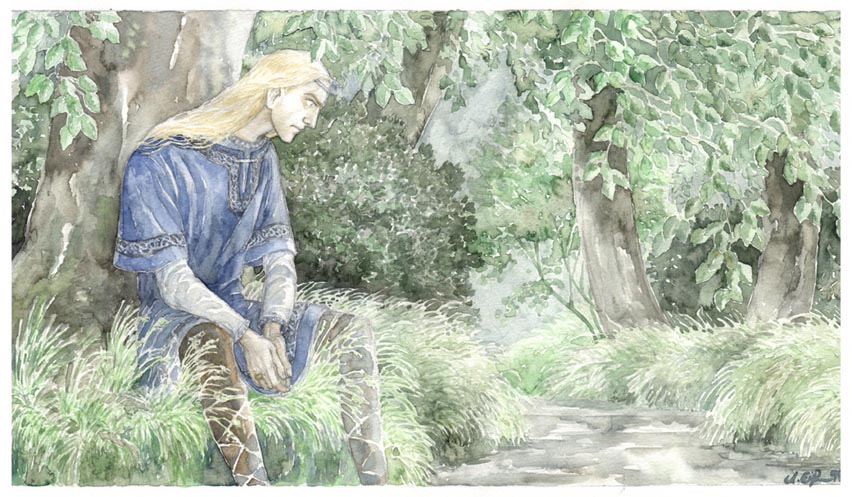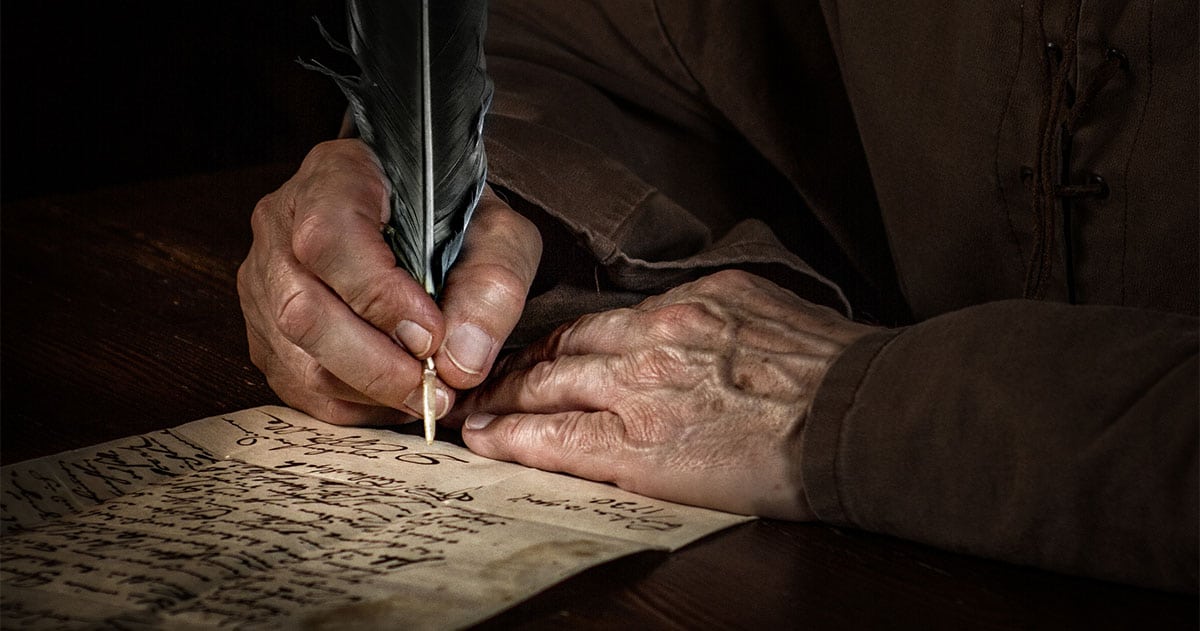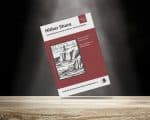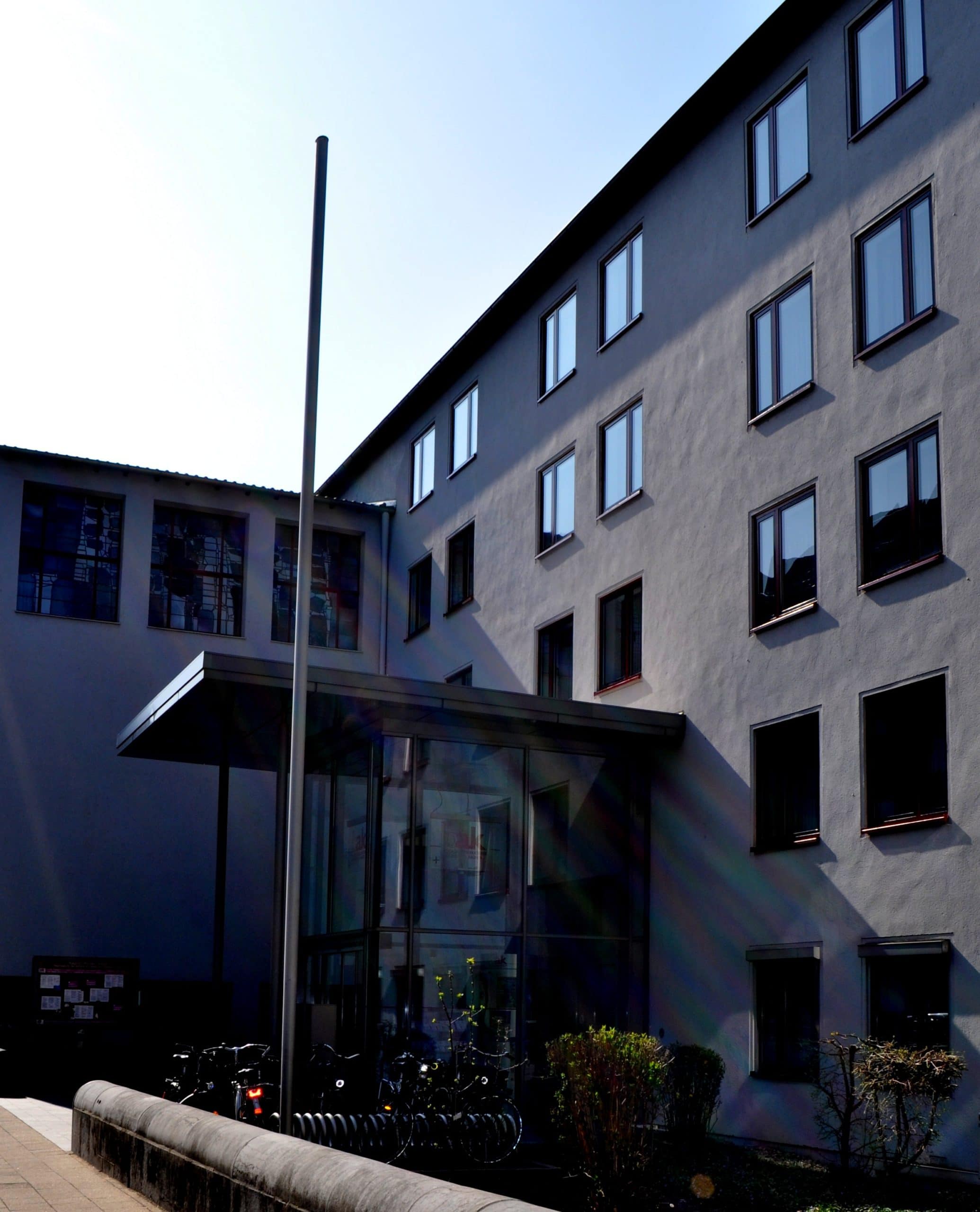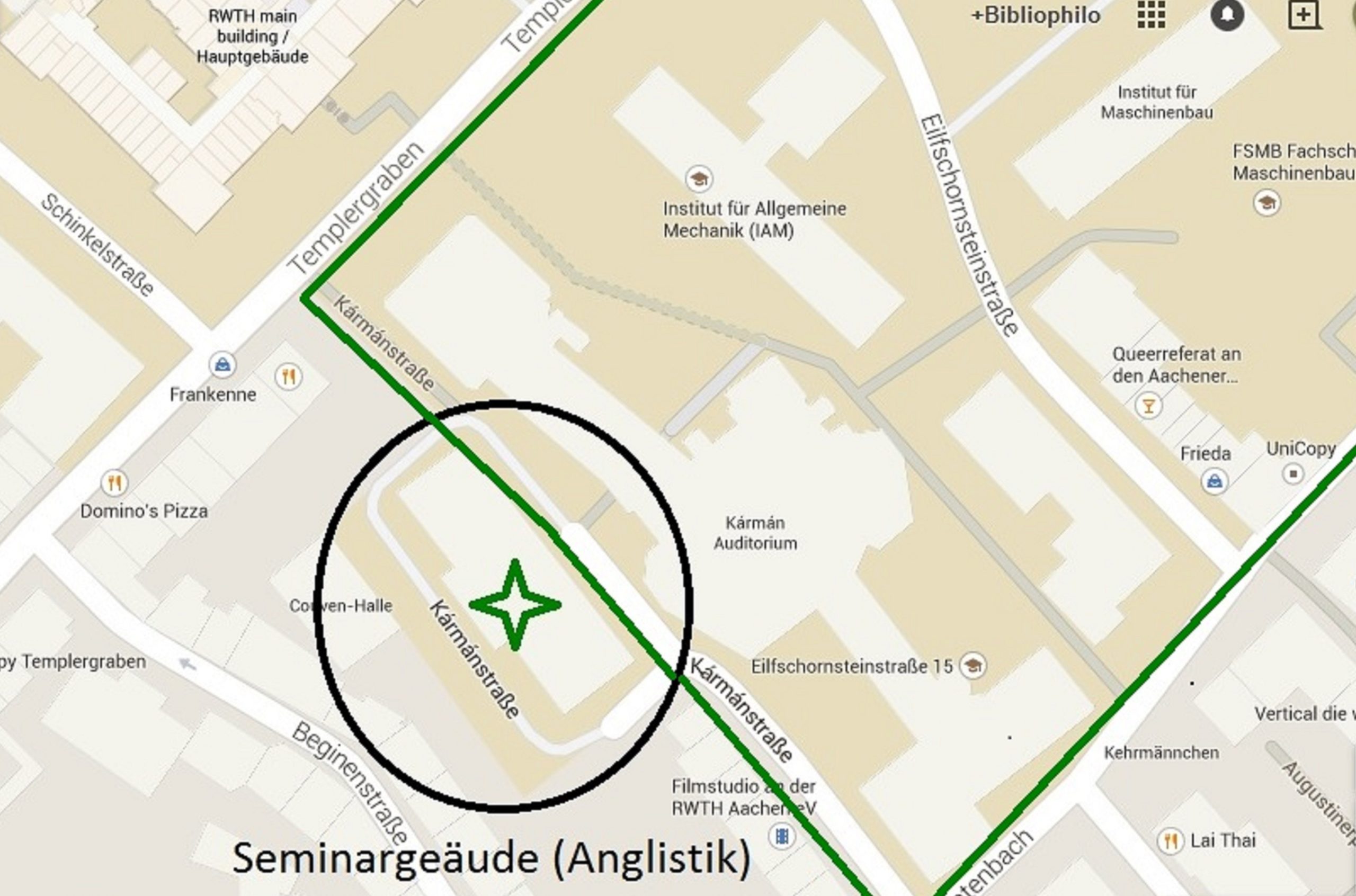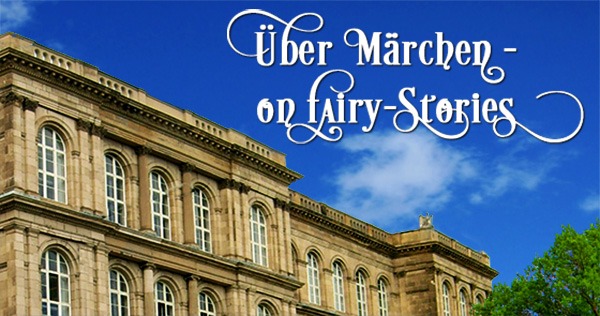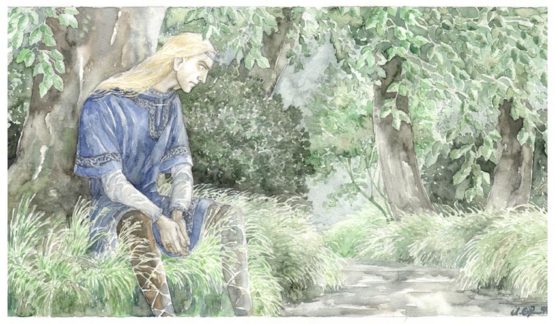
Tolkien’s Philosophy of Language
13th Tolkien Seminar – Deutsche Tolkien Gesellschaft e. V.
Call for Papers
Friedrich-Schiller-Universität Jena
6. – 8. Mai 2016
In June 1955, Tolkien wrote (Letters 219) that “my work […] is all of a piece, and fundamentally linguistic in inspiration. […] The invention of languages is the foundation. The ‘stories’ were made rather to provide a world for the languages than the reverse.” This view has been called into question recently by Dimitra Fimi (63-67), who argued for a co-emergence of Tolkien’s linguistic and narrative works. Most recently, however, John Garth has adduced new evidence that seems to support Tolkien’s original claim and thus re-establishes the central importance of the linguistic element for the understanding of Tolkien’s literary works.
Taking this as the point of departure, the 13th Tolkien Seminar aims not so much at providing a detailed and specialised discussion of the development and structure of the Elvish languages, but intends to look rather at the way Tolkien’s ideas and concepts influenced his use of language(s) in his works of fiction – be this in the great care he took in choosing place and personal names or the insertion of (sometimes untranslated) pieces of poetry and song in the ‘original languages’.
Next to his remarks in the published letters and the Appendices to The Lord of the Rings, we find further information on Tolkien’s ‘Philosophy of Language’ in some of his lectures, notably ‘English and Welsh’ and ‘Secret Vice’ (to be published in an annotated form by Dimitra Fimi and Andrew Higgins in February 2016). Of special interest in these texts are the Professor’s thoughts about ‘native language’ (vs. the acquired ‘cradle tongue’) and his views on ‘linguistic aesthetics’ (cf. Ross Smith’s study).
The Friedrich-Schiller-University Jena is hosting the 13th Seminar of the Deutsche Tolkien Gesellschaft (DTG), 6-8 May 2016. The seminar is supported by Walking Tree Publishers.
Please send a short abstract of your paper together with a short bio-sketch (both together no longer than one page) till 30 November 2015 to:
Thomas Fornet-Ponse: hither-shore [at] tolkiengesellschaft.de
References/ Bibliographie:
- Fimi, Dimitra. 2009. Tolkien, Race and Cultural History. From Fairies to Hobbits. New York and London: Palgrave Macmillan.
- Garth, John. 2014. ‘“The road from adaptation to invention”: How Tolkien Came to the Brink of Middle-earth in 1914.’ Tolkien Studies 11 (2014): 1-44. (esp. p. 41, endnote 42, where he refers to Fimi p. 63-67)
- Smith, Ross. 2011. Inside Language: Linguistic and Aesthetic Theory in Tolkien. (Cormarë Series 12). Second edition. First edition 2007. Zurich and Jena: Walking Tree Publishers.
- Tolkien, John Ronald Reuel. 1955/1997. ‘English and Welsh’. (O’Donnell Lecture, read 21 October 1955. First published 1963 in Angles and Britons [Cardiff: University of Wales Press]) In Tolkien, J.R.R. 1997. The Monster and the Critics and Other Essays. (Edited by Christopher Tolkien.) London: HarperCollins, 162-197.
- Tolkien, John Ronald Reuel. 1931/1997. ‘A Secret Vice’. (dated by Christopher Tolkien to 1931. First published 1983 in The Monsters and the Critics) In J.R.R. Tolkien. 1997. The Monster and the Critics and Other Essays. (Edited by Christopher Tolkien.) London: HarperCollins, 198-223.

